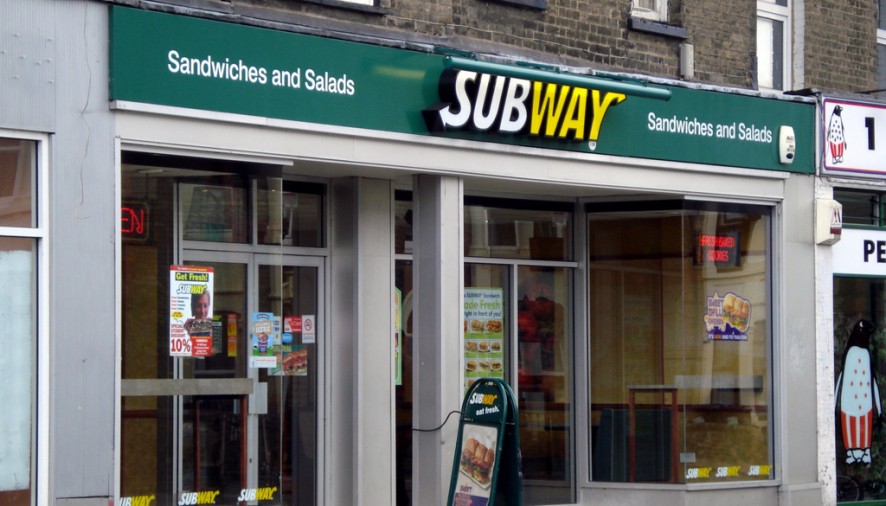Out of around 2000 Subway stores open today in the UK and Ireland, 202 are marketed as ‘Halal stores’; substituting turkey for pork and operating within the guidelines set out by the Quran. Since 2007, Subway have aimed to tailor their product range in line with the demographic composition of each area they operate in. They are not alone in employing such strategies. A fifth of Nando’s stores sell Halal-approved chicken as do nearly 100 KFC stores. It is the same with every Pizza Express store in the country. Without doubt, this focused strategy has allowed companies to encourage a previously reticent clientele.
Whilst such strategies are relatively old news, they offer poignant observations as to the role of companies in an ever-divided society. Most importantly is that businesses will inherently tread a dangerous path when attempting to increase profit margins. The strategies of Subway and others like it point towards the propensity in corporate governance to ignore the social ramifications of business decisions. After all, a company’s chief aim is to acquire profit. In many cases, the aggressive strategies which some companies have implemented have threatened to destabilise communities and increase social tensions.
It is especially worrying therefore when the social tensions resulting from such operations are manifestly of a religious nature. This is because the issue no longer remains one between consumer and producer, but rather between the rights of the business, the religious and the non-religious. Thus, the issue constitutes a wider debate as to the need for a more secular society.
The example of Subway’s strategy is a useful one when regarding the way in which ostensibly secular societies such as our own can be revealed as otherwise. Many questioned the validity of complaints, pointing towards the fact that most non-Muslims are not forbidden – on religious terms – to consume these products. To take such a position is to demote personal beliefs before those of religious certificate and to devalue any ethics which are not pushed as part of a religious agenda. The moment that as society we begin to talk and think and write in such a way, is the moment in which we discard individual reason, logic and more widely speaking, love, happiness and ambition. Ultimately, it is not Halal meats which are the issue, but rather the power of religious certificate and corporate decisions which guarantee its preservation over all else in what should be a secular society.
To be put simply, if we are to maintain a society founded on the values of personal liberty and justice, we cannot be willing to tolerate the desecration of such values in the hope that this tolerance and open-mindedness will be exported in the process. As it is the right of the company to operate autonomously, it is the right of the individual to freedom of belief – and more, the freedom to live in a society in which our values are based on individual merit and not religious affirmation.
Jack Adshead

